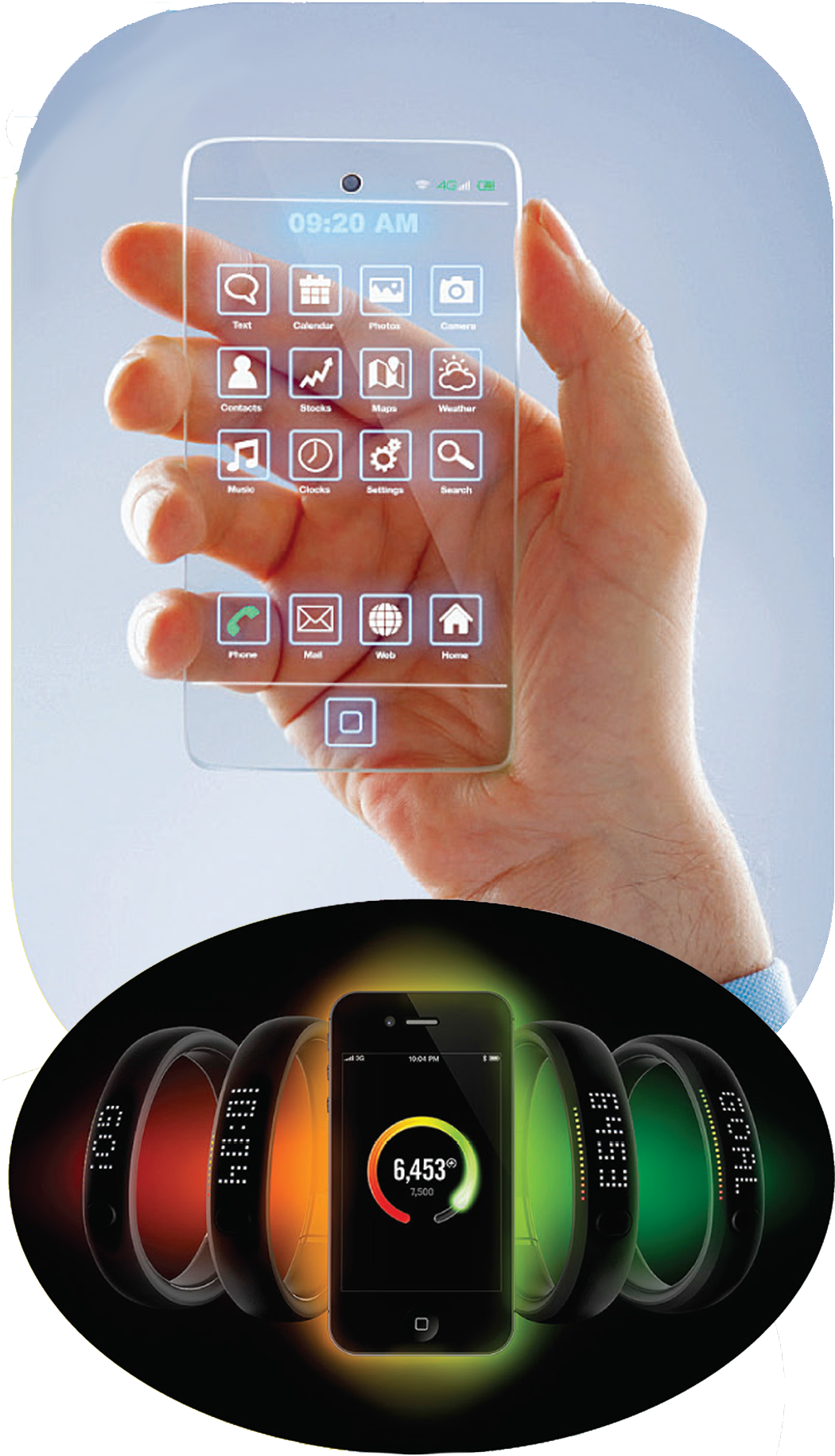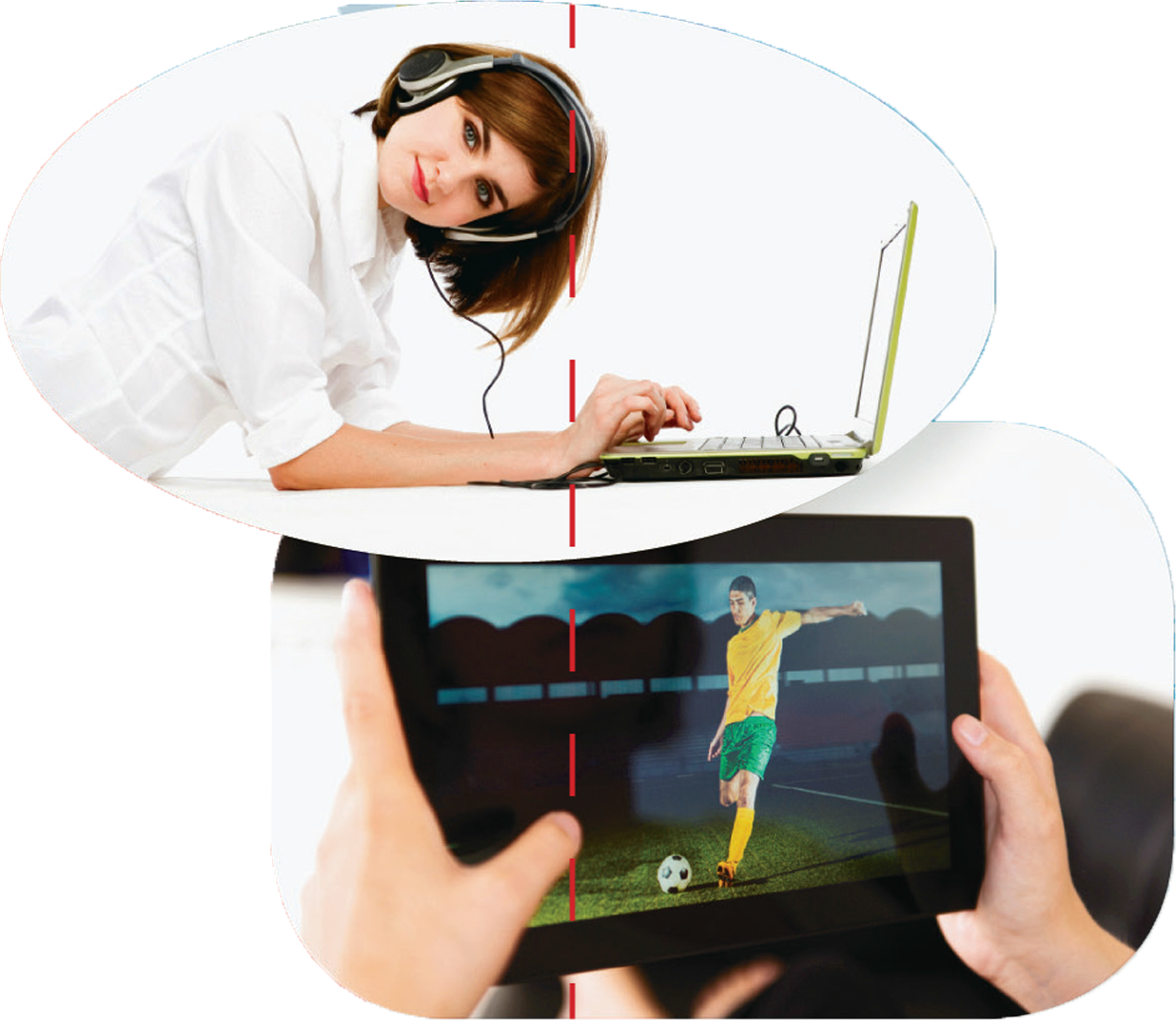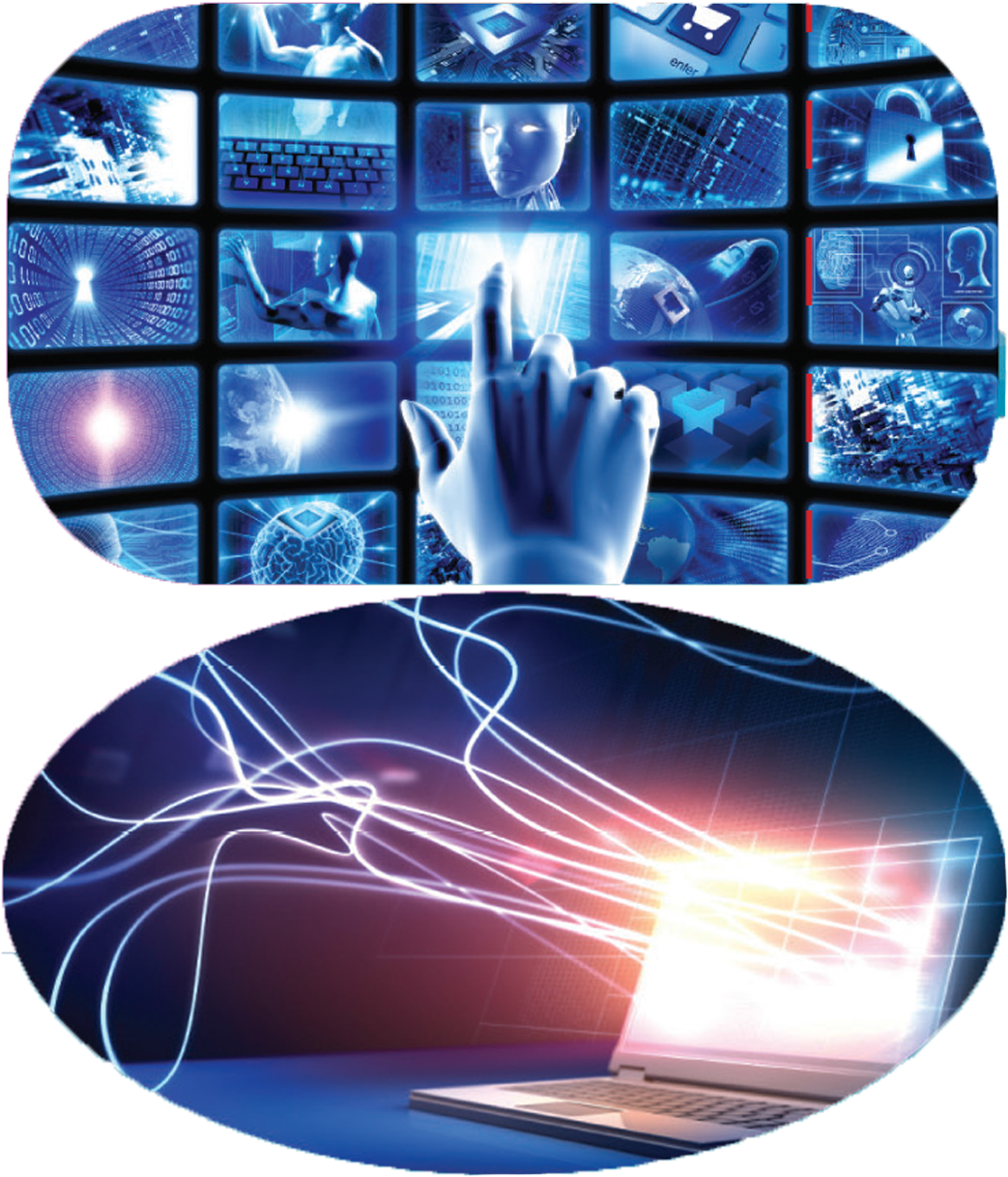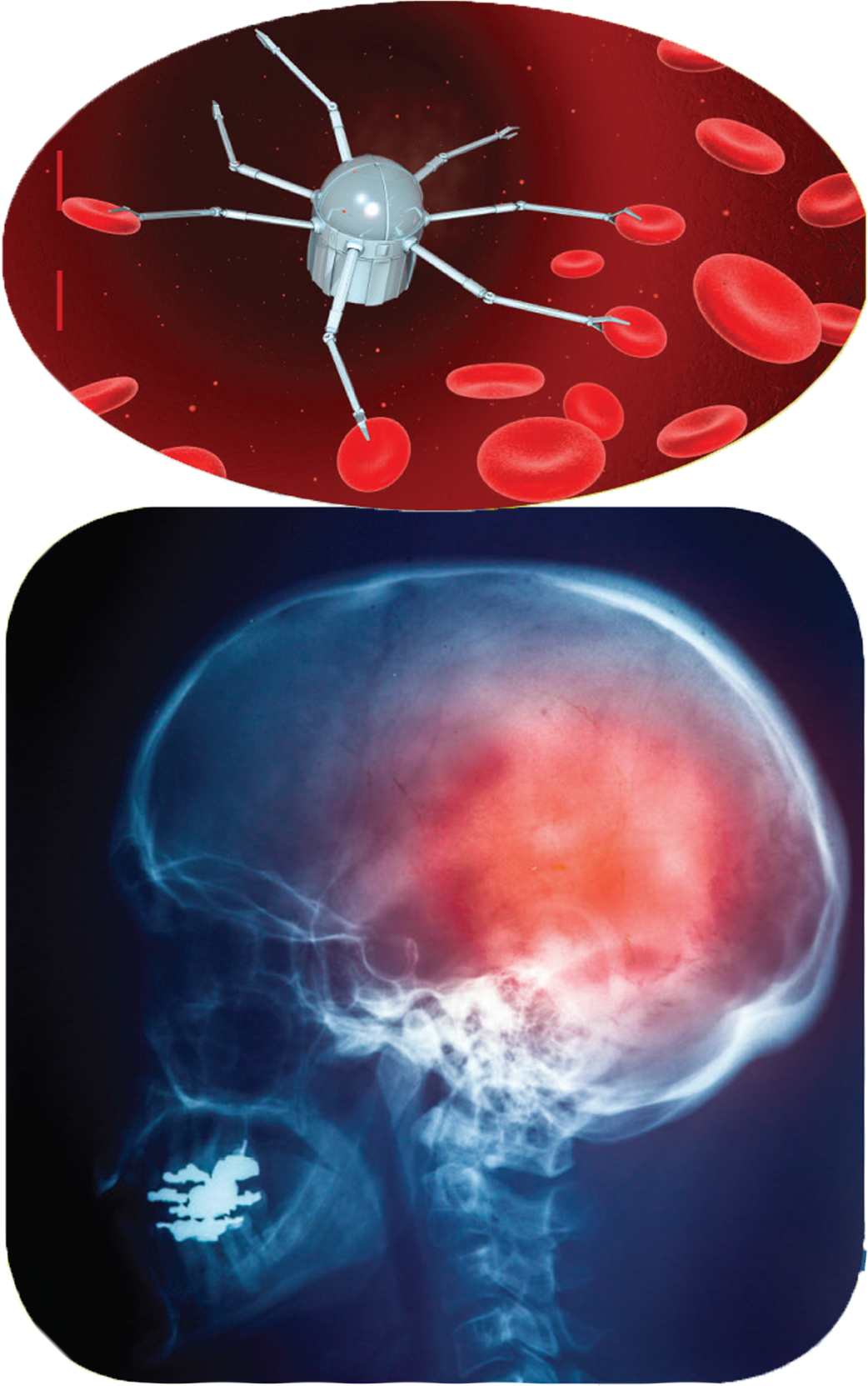Imagine Your Future In Computing

Mobile Devices/Social Media
With more than seven billion subscriptions worldwide – covering more than 95% of the world’s population – mobile technology is still growing. You probably spend more time instagramming photos than dialing friends. Today’s smartphone apps can name that song you can never remember, play graphically advanced and location-based games, and show your friends where you’re having lunch – in real-time. You can deposit checks into your bank account with a snap of your camera phone, and, in some places, pay bus fare just by hopping onto the bus. Google Glass and smart-watches are already changing the way we experience the world, while fitness devices like Fuelband and FitBit track your body’s every movement. And with the “Internet of Things” becoming reality, these may only be scratching the surface of wearable computing’s potential.
- Computer engineers design and develop smaller, less power-hungry chips.
- Computer scientists help design the user experience and create compression algorithms to transmit information more efficiently.
- Software enginerrs build social media networks and applications.
- Information systems specialists design the connection between business and mobile users and analyze massive quantities of data to personalize and improve social media experience.
- IT specialists make sure that the hardware and software used behind the scenes are up-to-date and that mobile networks are secure.
Gaming
Millions of people all over the world play Microsoft Xbox, Sony Playstation, and Nintendo Wii, and millions more play games like Minecraft and Angry Birds on their phones every day. Oculus Rift and its cutting-edge eye tracking technology could change how every household experiences Virtual Reality. But the technology behind these devices isn’t a game at all – it’s seriously powerful stuff. And with the “gamification” of everything from social media and personal fitness to online education, games aren’t just for kids anymore. Of course, adults not only play today’s video games, they create them, too – as 3D modelers, animators, effects artists, graphics programmers, level designers, and more. At the heart of these virtual reality platforms is cutting-edge computing.
- Computer engineers design and produce faster, more powerful chips capable of displaying ever more lifelike characters in 3-dimensional worlds.
- CS and SE experts create the artificial intelligence that makes each game challenging, keeping players coming back for more.
- IT professionals support networks and infrastructure that enable game development.
- IS professionals create systems for data mining and keeping track of customer feedback, behavior, and demand.


Digital Media and Entertainment
One day you might tell your grandchildren stories about what television was like. The future of music, movies, and all media is on the internet. From iTunes and YouTube to Amazon Prime and Netflix, commercial entertainment is moving to the web – fast. Thanks to video streaming, most of the major studios plan to distribute films online. the entertainment industry is being shaken up, digital rights management has become an essential field, and the whole revolution is powered by technology and computing professionals.
- Specialists in software engineering, IT, and computer science work with artists to create attractive, engaging user interfaces for consumers.
- Information systems professionals design the logic that keeps track of customers’ interests and provides recommendations.
- Computer engineers design and build the mobile devices on which we download and stream media.
- Computer scientists build the huge databases that store music, TV shows, and movies.
Online Search and Advertising
Most people use search engines like Google, Bing, and Yahoo everyday. But search engines for the Web could be much better than they are today. How about searching for objects in pictures? Or sounds? Scenes in movies? The Web is constantly growing. Search engines need to be taught what information really means, and it will take lots of new computing professionals to improve search technology as it evolves.
- Computer scientists devise the revolutionary approaches that make search more efficient and accurate.
- Software engineers develop the huge programs that dig up and organize search results.
- Information systems specialists design solutions that allow search companies to match advertisements to user interest and conduct search analytics to measure and improve advertising value and performance.
- Computer engineers design high-performance networks and data centers to cope with immense quantities of data.


Medical Imaging
Doctors today can clean the arteries of a patient’s heart, preventing a future heart attack, or operate on patients half a world away using remote cameras and robotic arms. Modern medical imaging can reveal a detailed view of clogged problem areas-without any surgery. Neuroimaging is being used to study the human brain and help people with disabilities regain control of their bodies. CAT scans, MRIs, ultrasounds, and 3D visualizations are all the products of computing professionals.
- Computer engineers design the hardware.
- Computer scientists devise the algorithms to process images from electrical impulses.
- Software engineers write software and ensure that it meets medical quality standards.
- IT professionals connect the imaging equipment to the rest of the high-tech hospital gear.
- Information systems specialists ensure that the right medical staff gets the right information at the right time.
All photos and text on this page are reproduced with permission by Computer Science Teachers Association (CSTA)
